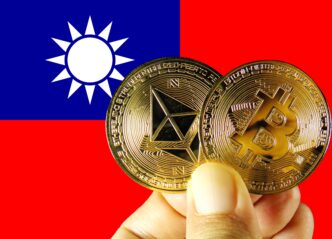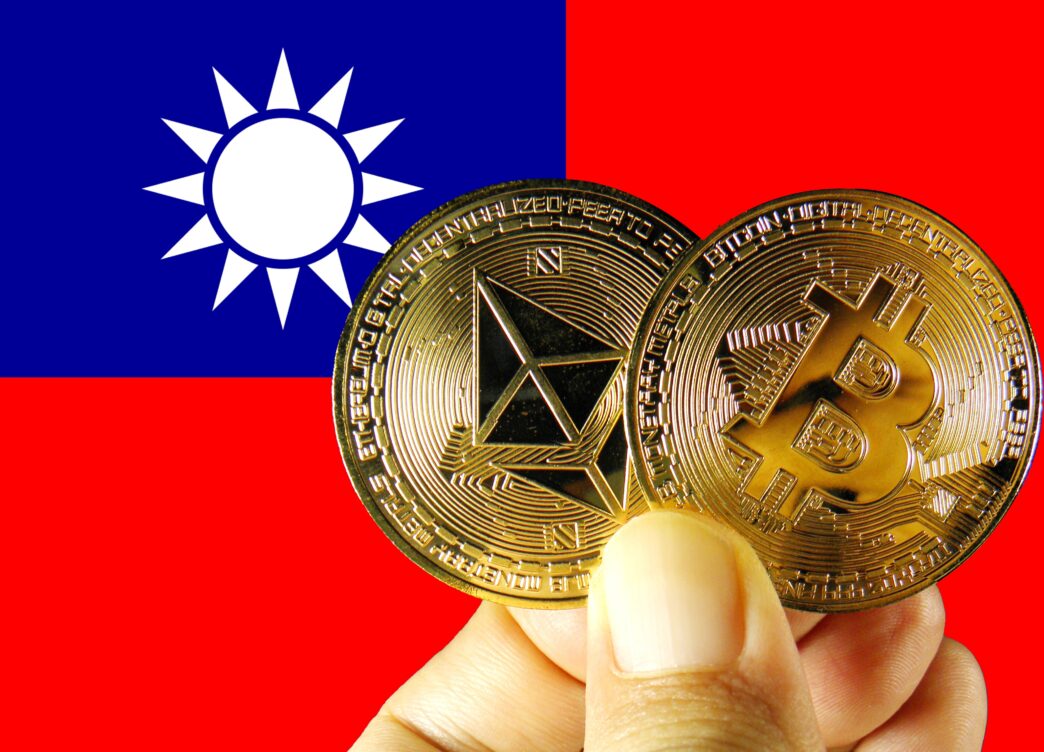Executive Summary
The Story So Far
Why This Matters
Who Thinks What?
A Taiwanese lawmaker is advocating for the government to consider adding Bitcoin to its strategic reserves, prompting Premier Cho Jung-tai to commit to an updated analysis and a full inventory of seized Bitcoin by year-end. The push comes amid global forecasts suggesting digital assets could become part of central bank balance sheets within the decade, with the debate in Taiwan highlighting concerns over its reliance on U.S. debt and China’s economic cycle, as well as the risks of a slow regulatory approach to digital assets.
Lawmaker Urges Proactive Stance on Digital Assets
During a recent Legislative Yuan financial interpellation, Ge Rujun, a Taiwan People’s Party legislator, emphasized that “virtual assets are no longer just speculative commodities, but a new battleground for national security and financial sovereignty.” Ge challenged Central Bank Governor Yang Chin-long’s cautious stance, arguing that Taiwan should not wait until 2030 to reassess its Bitcoin policy, given evolving global financial landscapes.
Ge criticized the administration for being “overly cautious,” suggesting that if the treasury currently has sufficient funds, confiscated virtual currencies should be retained. The lawmaker also called for a comprehensive inventory of seized Bitcoin to inform decisions on whether these assets should be held or sold.
Context of Geopolitical and Economic Dependencies
The discussion follows a Deutsche Bank Research Institute projection from September, which indicated that both gold and Bitcoin could coexist on central bank balance sheets by 2030. Taiwan’s foreign-exchange reserves, approximately $600 billion as of October, are reportedly over 80% invested in U.S. Treasury bonds, creating a “concentration risk” due to its economic ties to the U.S. dollar and China’s economic cycle.
Bonnie Chang, host of Bonnie Blockchain, noted that the debate signifies Taiwan’s broader reassessment of its role in a global economy increasingly driven by software, AI, and digital financial infrastructure. She highlighted Taiwan’s historical position as a hardware manufacturing hub and its current efforts to adapt to the next phase of global technology and monetary design.
Public Sentiment and Financial Education
Despite the strategic importance, public reaction to cryptocurrency in Taiwan often elicits strong emotions, largely due to past scams and high-profile fraud cases. Chang stressed the critical need for financial education to ensure that policy discussions on digital assets are not overshadowed by public fear or misinformation.
Premier Cho’s commitment to releasing an updated Bitcoin-reserve assessment and a complete inventory report by the end of the year underscores the government’s recognition of the growing importance of digital assets in national financial strategy.







